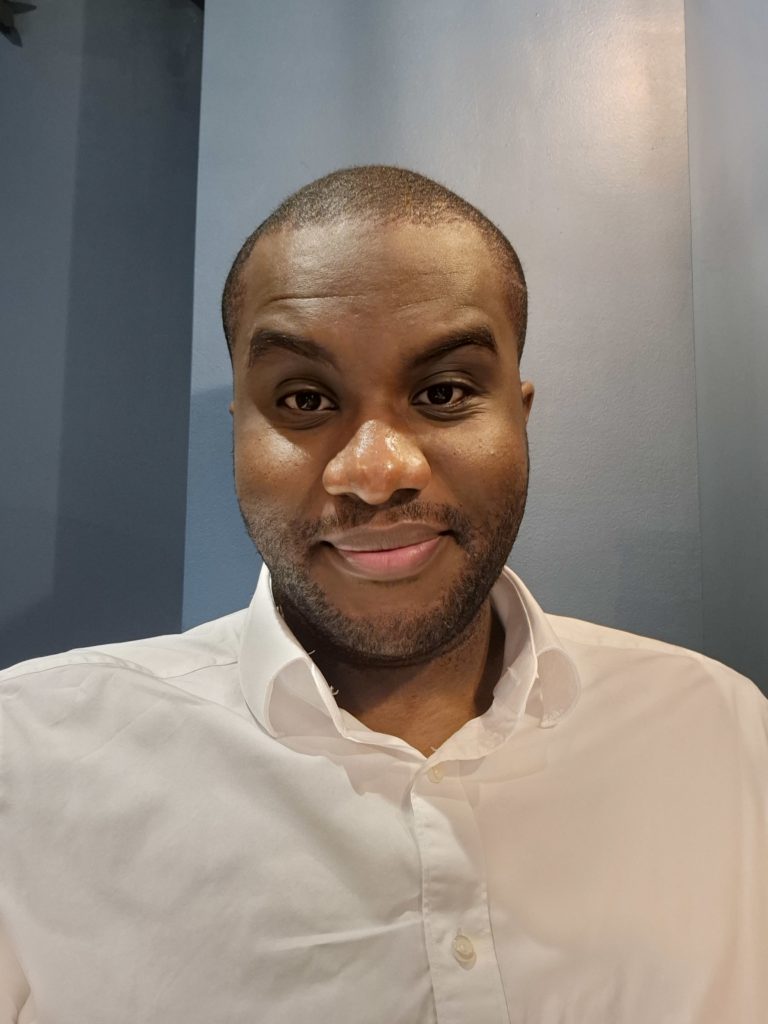Collaboration for Academic Primary Care (APEx) Blog
Collaboration for Academic Primary Care (APEx) Blog
Posted by ma403
4 April 2025The answer to this question can often times seem scripted. There is usually a reference to a desire to stimulate lasting change in society, an altruistic aim to break frontiers of knowledge or a personal experience of a challenge that motivated quest for discovery. For me, I rather stumbled onto research during my primary medical training at the University of Ibadan. After being slightly jarred from my introduction to ward-based medicine with wards filled with sick patients, suffering not just from the symptoms of illness but from the ‘trauma’ of institutionalisation in a “Palace of Disease”, I was liberated when during my community medicine posting, we designed and administered a cross-sectional survey to a community trying to understand the determinants of health-seeking behaviour. I thoroughly enjoyed the process of conducting structured interviews with participants in their communities, analysing the data, using the output to critic existing theory, make inferences, and then presenting the output. Admittedly, I struggled to grasp some of the statistical methods then, and even now still find some methods slightly opaque, I did go on to receive a University Prize for my work during this posting. After completing my degree, I was fortunate to work on a Gates’ Foundation Grant within the Nigeria Governors’ Forum Secretariat which led to the development of Nigeria’s first subnational Nutrition Scorecard. The development and use of this scorecard for advocacy was transformational in my understanding of how evidence can inform small changes with wide-reaching impacts. For example, we used evidence that fully funded six-month maternity leave improves infant outcomes, to catalyse increase in the number of states that enacted legislation in support of this. This fuelled the fire to develop critical skills in evidence generation. This led me to completing an Academic Clinical Fellowship in Primary Care/General Practice in the United Kingdom.
Upon reflection, my underlying motivations are probably similar to the oft mentioned desires, however, it certainly has not been scripted.
What am I working and what do I plan to do in the future?
After completing my Academic Clinical Fellowship, I successfully received an NIHR In-Practice Fellowship to work on Accelerating Earlier Diagnosis of Oesophageal and Gastric Cancers in the UK. Imagine if we could diagnose these cancers before they spread, this would mean that for every 4 out of 5 that do not survive up to 5 years after diagnosis, half of them or 2 more people would survive. One way to do this is to improve selection and testing of patients with or without symptoms, by bringing new innovation quickly and safely within existing pathways. Currently, this takes about 9 years, and my work aims to understand how to effectively reduce this by understanding where the needs are and designing profiles for innovation to address these needs. This type of profiles were used during the Covid pandemic to accelerate innovation. I am looking to similarly use these methods for Oesophageal and Gastric Cancer Diagnosis.
